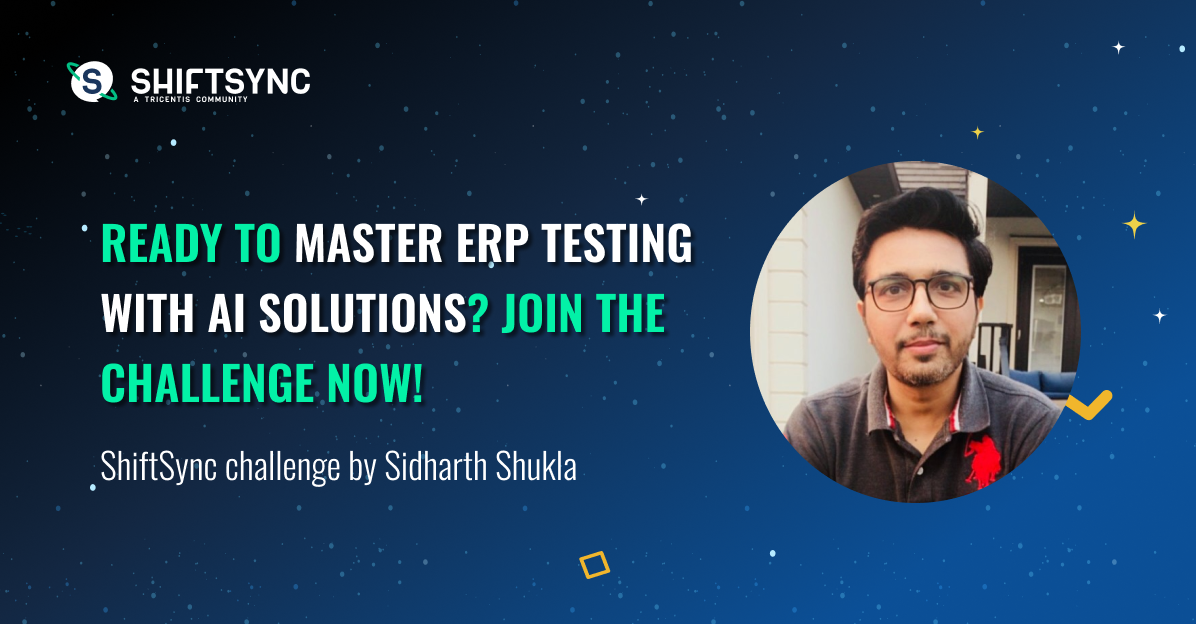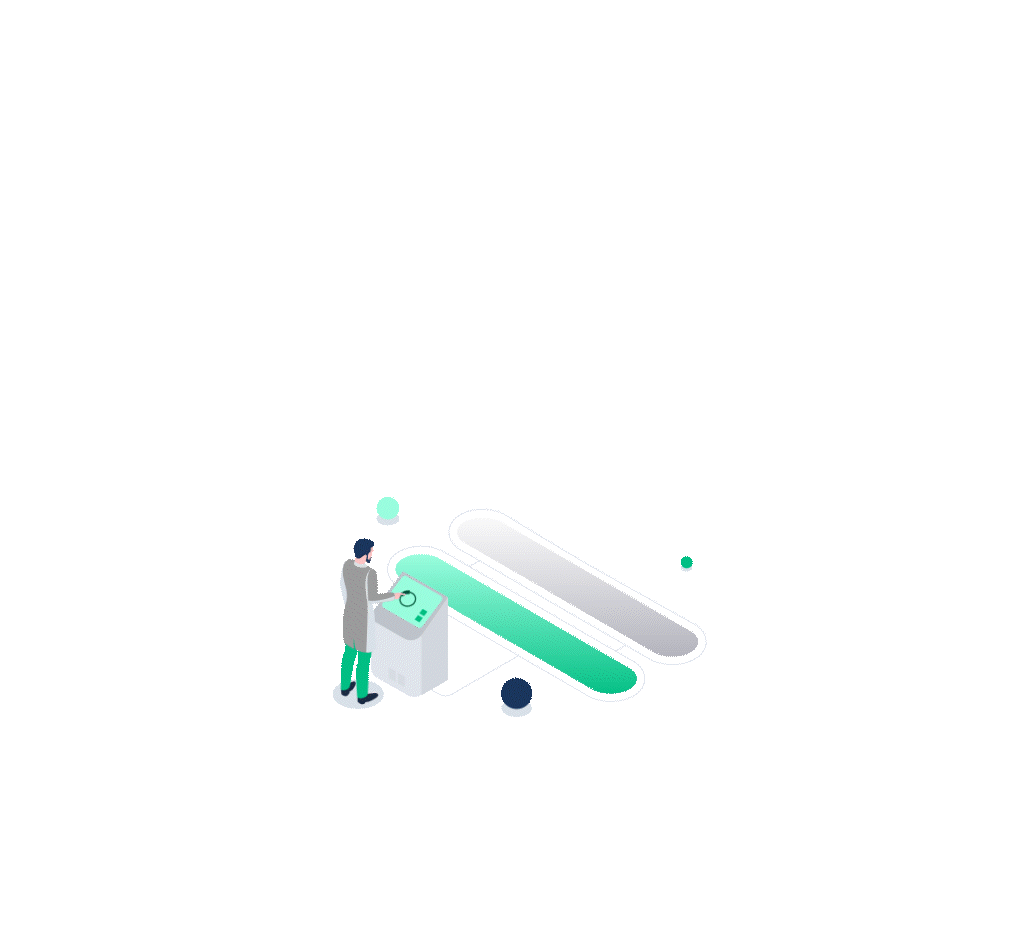
We are excited to present this month challenge created by
Enterprise Resource Planning (ERP) systems are complex and extensive, making testing a formidable task. The intricacy of these systems presents unique challenges such as test data management, test case prioritisation, and test automation. Your challenge is to devise an Artificial Intelligence (AI)-based solution to address these complexities, thereby enhancing the efficiency and effectiveness of ERP testing.
Background Information:
- ERP systems: ERP systems are comprehensive software solutions that integrate and automate diverse business operations, including finance, human resources, supply chain management, and customer relationship management.
- ERP testing challenges: The complexity of ERP systems leads to issues such as managing voluminous and varied test data, prioritising test cases for maximum coverage, and automating tests in a resource-efficient manner.
- AI in ERP testing: AI technologies like machine learning, natural language processing, and computer vision can revolutionise ERP testing by automating test data management, predicting defects, optimising test coverage, and streamlining test automation.
Challenge Objectives:
- Suggest an AI-based solution that addresses the key challenges in ERP testing, including test data management, test case prioritisation, and test automation.
- Define an approach that leverages AI to generate relevant test data, predict defects, and prioritise test cases based on their impact on business processes and risk of failure.
- Demonstrate how your AI solution improves collaboration between various stakeholders involved in the ERP testing process, thereby enhancing the overall quality and agility of ERP implementation.
Prizes and Points:
🏆 2 Winners: Personalized Certificate of Achievement signed by Sidharth, +300 points, a badge, and a gift box from us.
🌟 All Participants: +150 points for your valuable contribution to the challenge.
🏅 All winners will get a special badge on their ShiftSync account to commemorate their win.
Submission Requirements:
- No need to design and develop any solution using AI, rather pick the problem statement and try to come up with a write up on How AI can be used to solve or minimise the efforts. We are specially looking for five important points: test data management, test case prioritisation, and test automation, predict defects, collaboration between various stakeholders
- A proof-of-concept implementation showcasing your solution's key functionalities, such as test data generation, defect prediction, or test case prioritisation.
Evaluation Criteria:
- Innovation: The originality and creativity of your approach in leveraging AI to address ERP testing challenges.
- Practicality: The feasibility of implementing your solution in real-world ERP testing scenarios, considering constraints like cost, time, and resources.
- Impact: The potential of your solution to significantly improve the efficiency and effectiveness of ERP testing and its applicability across various industries and ERP systems.
Key Dates:
- Challenge release: May 8
- Lasts: 3 weeks
- Judging (for ShiftSync members): 3 days
- Winners announced: June 4
Example
AI can analyse historical data and generate synthetic data that accurately represents real-life scenarios, reducing the time and effort required for test data management in ERP systems.
Imagine a company that uses an Enterprise Resource Planning (ERP) system to manage its business operations. As part of their testing process, they need to generate large amounts of test data to simulate various scenarios, such as inventory management, sales transactions, and financial reporting.
Traditionally, creating this test data manually can be time-consuming and labor-intensive. However, by leveraging AI technology, the company can streamline this process significantly.
Using AI algorithms, the system can analyze historical data from the ERP system and identify patterns, trends, and correlations. It can then use this information to generate synthetic data that accurately represents real-life scenarios.
For example, if the company wants to simulate a busy sales day with high transaction volumes, the AI can generate synthetic sales orders, customer data, and inventory records based on past sales data. This synthetic data closely mimics the characteristics of real data, allowing the company to perform thorough testing without the need to manually create or manipulate test data.
By automating the generation of test data using AI, the company can save time and effort, improve the efficiency of their testing process, and ensure more comprehensive test coverage in their ERP system.
Disclaimer: The use of generative AI to solve this challenge, is allowed in the context of formulation but NOT ideation. Every answer should have a clear "human element" otherwise said answer will be disqualified.
Let the Challenge Begin!







